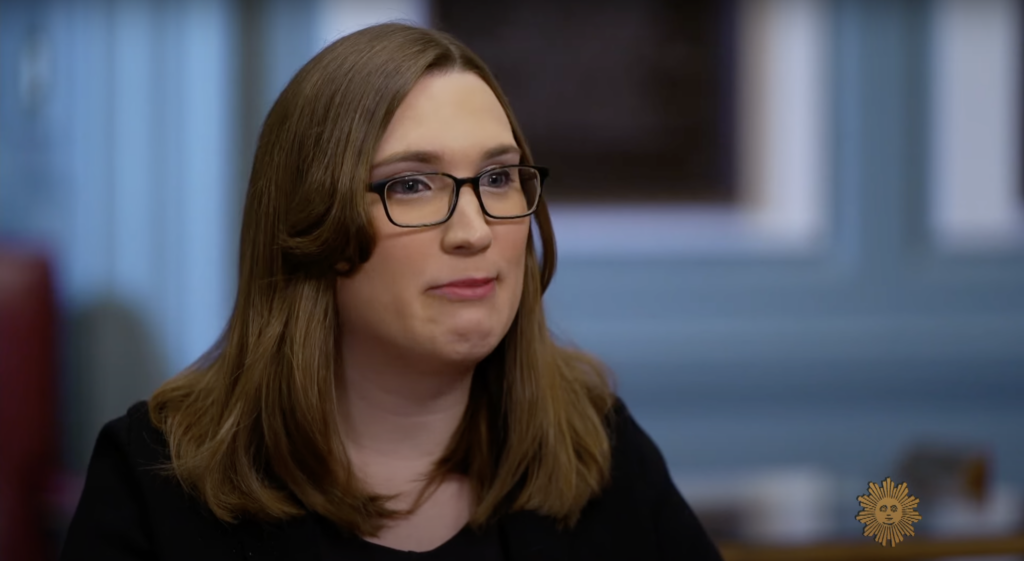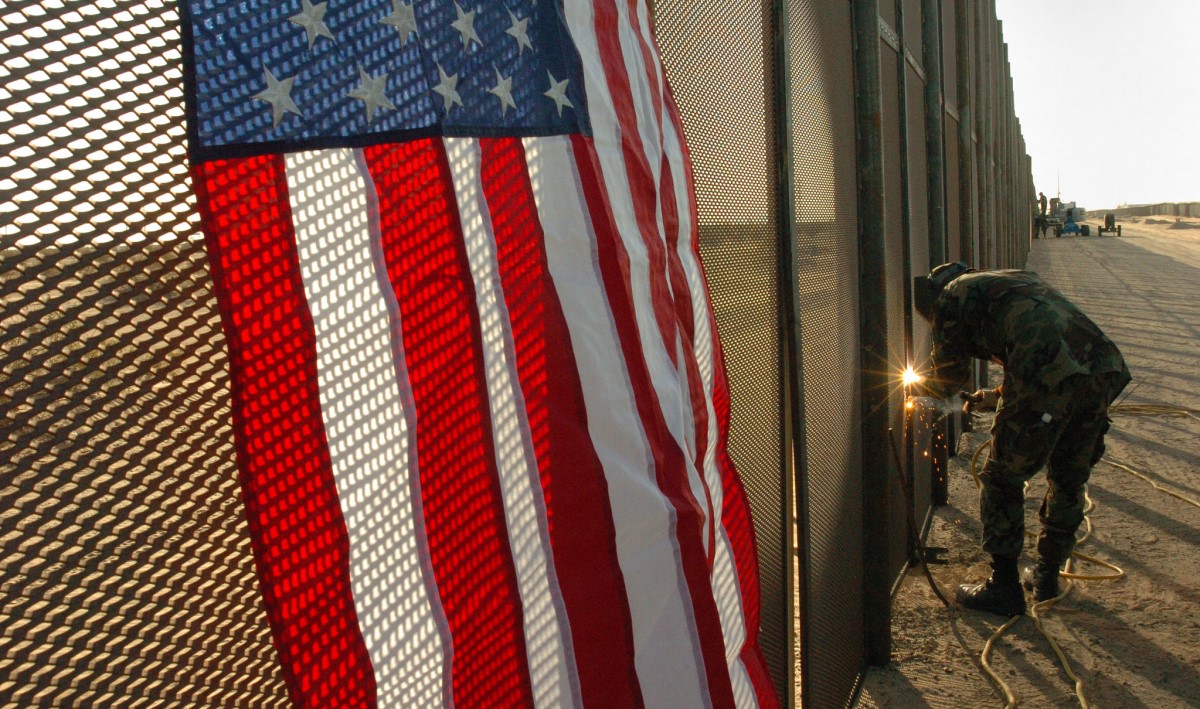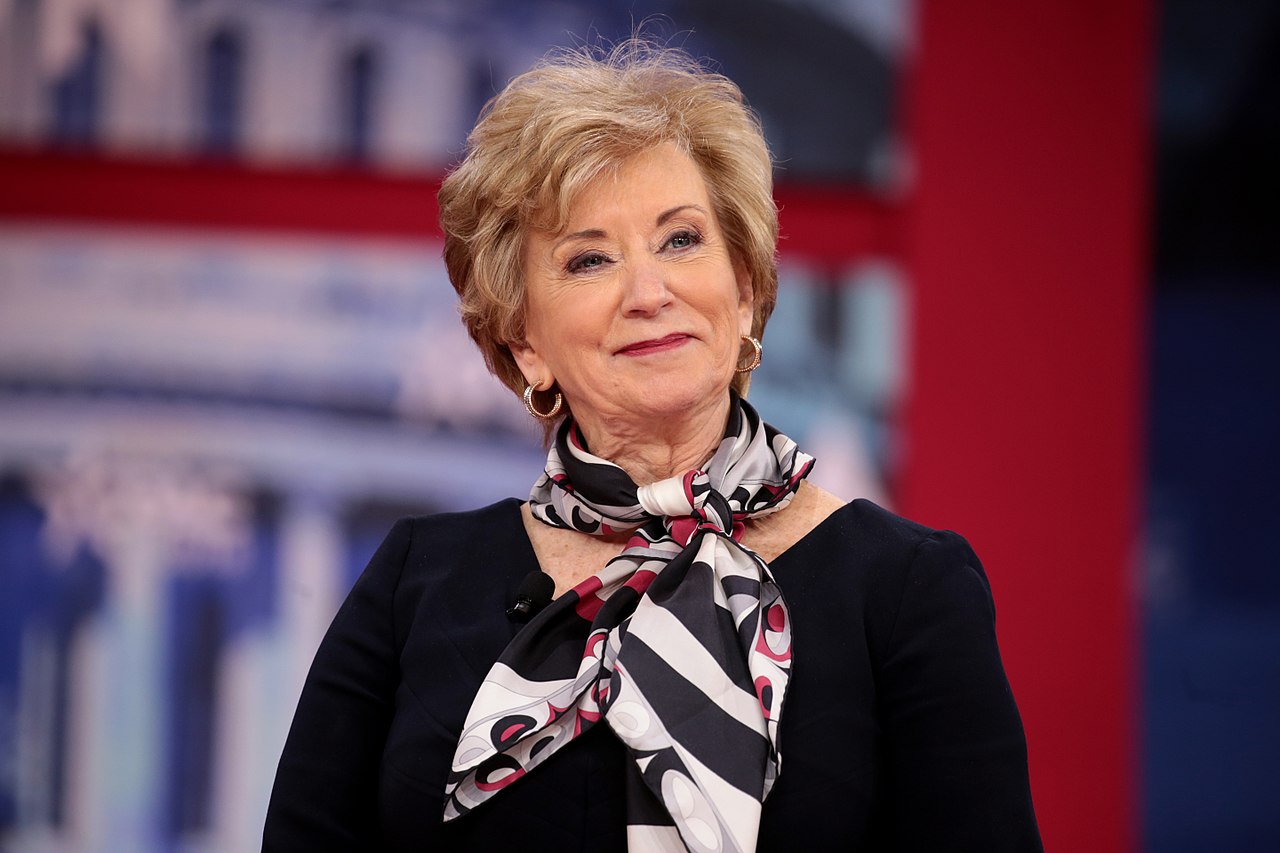Supreme Court to review law restricting protests near abortion clinics.
A Catholic “Sidewalk Counselor” Seeks Supreme Court Review of New York County Law
A Catholic “sidewalk counselor” is asking the Supreme Court to review a New York county law that blocks anti-abortion protesters from approaching people outside clinics, according to a recent petition.
Becket, a religious liberty law firm, is representing Debra Vitagliano in her petition for the high court to review a 2000 ruling known as Hill v. Colorado, which involved a 1993 law that regulates First Amendment activity within 100 feet of an entrance of a healthcare facility and disallows approaching a person within eight feet without their consent to provide counseling or leaflets.
Compassionate Support for Women Considering Abortion
A press release from the firm describes Vitagliano as a devout Catholic occupational therapist for special needs children who felt “called to offer compassionate, face-to-face support for women considering abortion.” Her counsel argues a law enacted in Westchester County, New York, deprives “abortion-vulnerable” women of a chance to consider all their options before going through with a pregnancy termination.
“People don’t have abortions because they think abortion is awesome,” Mark Rienzi, president and CEO at Becket, told the Washington Examiner. ”They have abortions frequently because they think they have no place else to turn and no one to help them.”
Rienzi described the law as the county’s “post-Dobbs reaction,” referring to the Supreme Court 2022 decision that allowed states to impose laws limiting abortion access. “So they took away the right to be out on the sidewalk, and she’s trying to get out there,” Rienzi added.
On June 21, the United States Court of Appeals for the 2nd Circuit said the Westchester law adopted last year was valid under the Hill ruling. The high court held in 2000 that the similar Colorado law was not a regulation of speech but a “regulation of the places where some speech may occur.”
Counsel for Vitagliano is hopeful that the high court will take up her petition in part because the Supreme Court has signaled a willingness over the last decade to reexamine past decisions related to First Amendment rights.
For example, the justices decided Groff v. DeJoy in June, a ruling that significantly elevated the burden on employers who may attempt to deny an employee’s request to avoid working on the Sabbath. That ruling overturned a 1977 precedent from Trans World Airlines v. Hardison, which held that an employer need not accommodate an employee’s desire to avoid Sabbath labor that would mean operating shorthanded or requiring doling out premium wages to replace the workers. The justices also sided last year in favor of a Washington public school football coach who was fired for kneeling and engaging in post-game prayers on the field.
In 2014, the Supreme Court struck down a Massachusetts law that set a 35-foot buffer zone around abortion clinics, but the court did not cite the Hill decision in that ruling.
Last year, the U.S. Court of Appeals for the 6th Circuit temporarily blocked a Kentucky county 10-foot buffer zone law, citing that 2014 decision. Other challenges to buffer zone laws are ongoing in the lower court, including a dispute over a 20-foot buffer zone adopted by Harrisburg, Pennsylvania.
“No one’s looking for the right to block or tackle somebody or anything like that. But we are looking for the right to speak peacefully,” Rienzi said.
The case is known as Vitagliano v. County of Westchester. Justices will likely consider whether to take the case this fall, and four or more justices are required to sign off on whether to take up the decision for the next term.
" Conservative News Daily does not always share or support the views and opinions expressed here; they are just those of the writer."





Now loading...